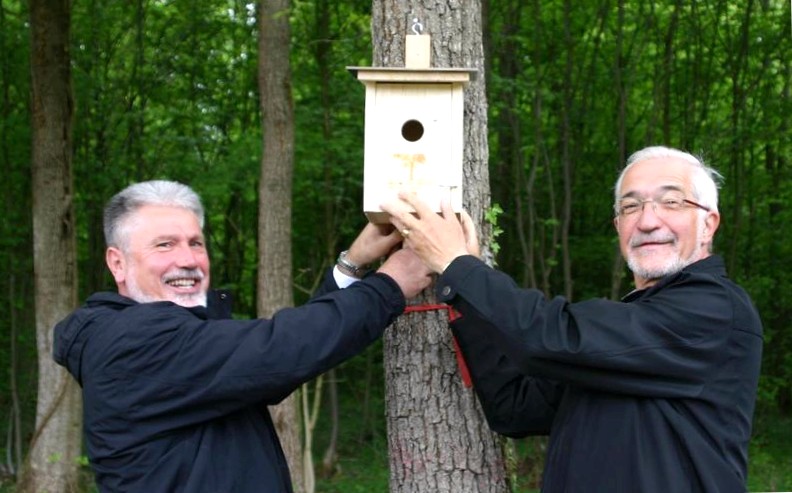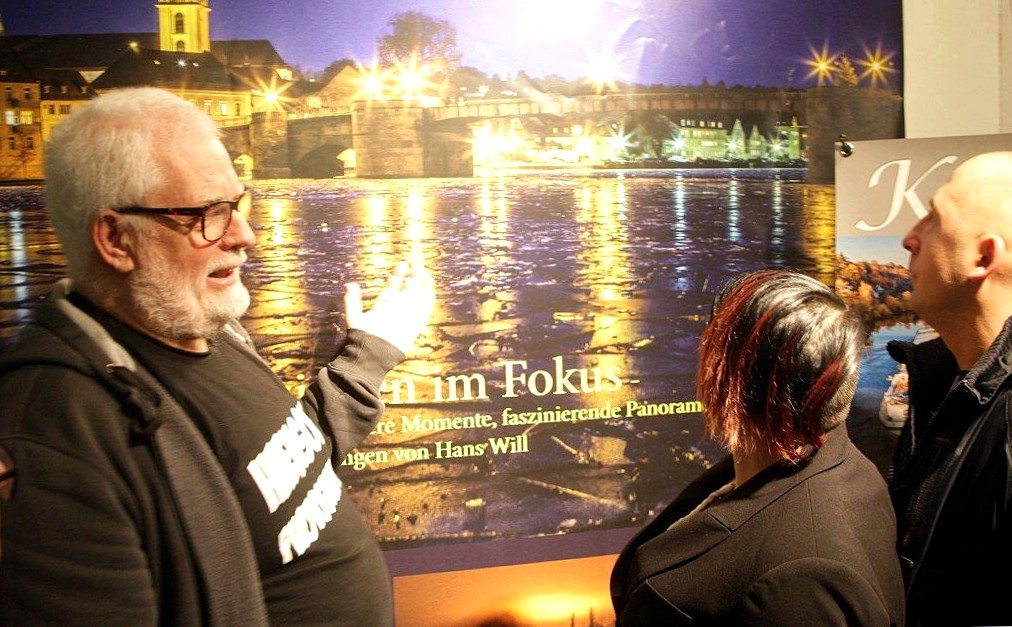Where snowdrops and rosy-reds stifle the summer evening, where the queen of the meadows and her entourage stand in the dewy grass, where the spirits of the bottle are at home, there must also be a hidden treasure. "My treasure is the garden, says heidi rippel.
In fact, her garden is much more like a meadow, where countless wild weeds have taken up residence. The farmer's daughter and electrical engineer from pommersfelden has devoted herself to the "wild growth" of her garden dedicated. From wild herbs she conjures precious delicacies, tasty likors, aromatic oils and rooty vinegars.
"Wild growth" heidi rippel has christened her shop, in which she presents her own "compositions" sells. Not to do the rough rubbing, but out of joy and love for nature, she emphasizes. The herb pedagogue also passes on her knowledge in lectures, courses, workshops and culinary walks. "I want to convey that there is a lot growing on the roadsides that deserves attention." It's nice to get to know this unbelievable diversity. "And what one knows, one also appreciates."
"Wild herbs are the forerunners of today's cultivated vegetables and there are countless uses for them", says the pommersfelden woman. She has discovered a specialty for herself: how to use wild herbs in the kitchen? The result is a recipe that she presents in the manner of a fairy tale: delicacies made from fine elderberry and rose blossoms, garnished with stories. Or she conjures "fine from the aperitif to the dessert" from the queen of the meadows, better known as "madesub" is well known.
"Sunny herb power" heidi rippel fills bottles and uses them as likor. Stored like this, the power of summer is supposed to help us get through the dark season in good shape. Heidi rippel is convinced that this is the case: "when savoring herbs, you only have to remember how you picked and planted them yourself on a sunny summer's day, and a ray of sunshine falls on your soul."
However, she advises against using the herbs growing along the roadsides in the kitchen. Too coarse can be the pollution by dust, dog excrement or jerks of motor vehicles. The herbal padagogue therefore prefers to fall back on her wild meadow. "The beauty is that the herbs actually grow wild and all by themselves." With her, things are allowed to grow that others would rather not have in the garden as weeds: melde and mint, tansy and comfrey, evening primrose and wild carrot, chicory and st. John's wort.
If something is missing, she collects the seeds of the herb in nature and sows them in the garden. There are only a few poisonous wild herbs, explains the herbalist. However, she recommends never relying on one characteristic of the plant alone. "If in doubt, leave it!"
Valuable ingredients
Continue reading




